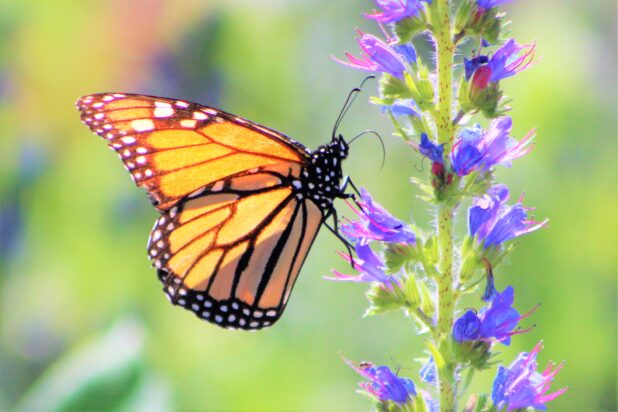Commentary
Small Talk
June 24, 2021

By Nate Smelle
There is no better source of inspiration for small talk than the weather. When there is little needing to be said, but words still feel necessary, there it is right outside our windows; ready to serve as a point of common ground bringing people together. This is because no matter what one’s belief system, political leanings, or distinguishing differences might be, at any given moment, everyone of us can relate to the weather shaping our day.
For some, these exchanges of “small talk” may seem to be a frivolous waste of time. However, in a hectic world where we are taught to embrace the mantra “time is money” these micro-conversations are an opportunity for us to slow down and share valuable observations and information.
Throughout the pandemic, I have noticed that these interactions with our fellow community members have taken on more meaning.
By living through a global health crisis that demands our immediate attention, as well as a massive shift in our daily routines, we have all acquired deeper insight into our interconnectedness with the world we are a part of. From now on, every sneeze, every cough let loose in public will serve as a reminder that our actions as individuals have an impact on others. Pre-COVID-19, these simple bodily functions would have mostly gone unnoticed by others when waiting in line at a gas station or grocery store. Now, when the rare occasion arises where someone sneezes or coughs in public, even if they are wearing a mask, there is immediately a tension in the room that compels people to make sure they are not within two-metres of the source of contamination.
Watching as this scenario unfolded while in line at one of our local grocery stores over the weekend, I thought of something scientist and environmentalist Dr. David Suzuki had said in April 2020. In an op-ed appearing on the CBC website entitled, “The COVID-19 pandemic may be an opportunity to transform the way we live,” Dr. Suzuki said, “In this moment of crisis, we should be asking what an economy is for, whether there are limits, how much is enough and whether we are happier with all this stuff.”
He then posed the following question:
“Can we relearn what humanity has known since our very beginnings — that we live in a complex web of relationships in which our very survival and well-being depend upon clean air, water and soil, sunlight (photosynthesis) and the diversity of species of plants and animals that we share this planet with?”
As the pressure of the push to return to “normal” increases, it will be up to us to answer this question by putting this essential lesson on interconnectedness into action. If we take the time to incorporate our newfound awareness of interconnectedness into our daily lives, our new “normal” will provide us, and all living beings, with a quality of life far richer than the old “business as usual.”


















